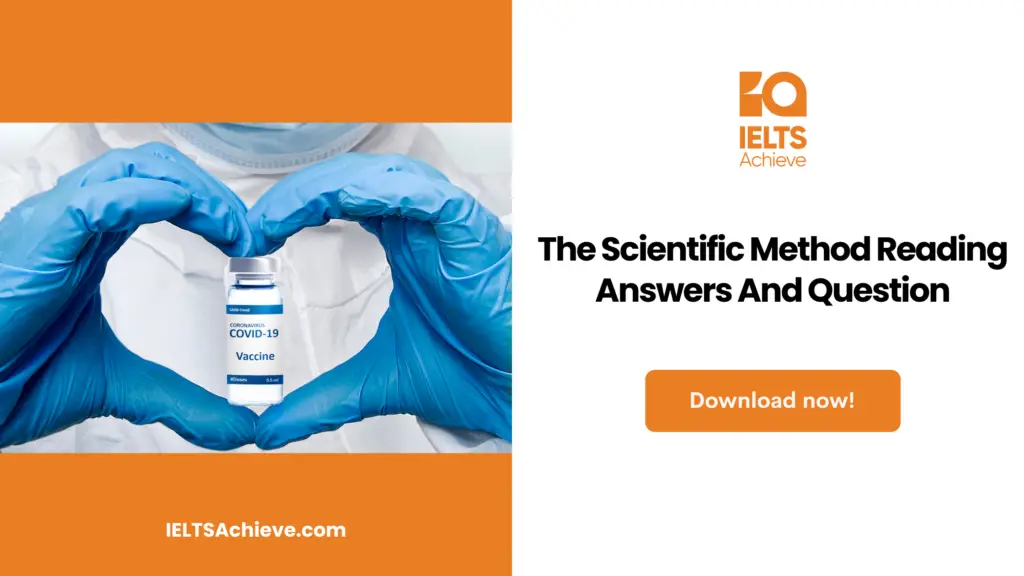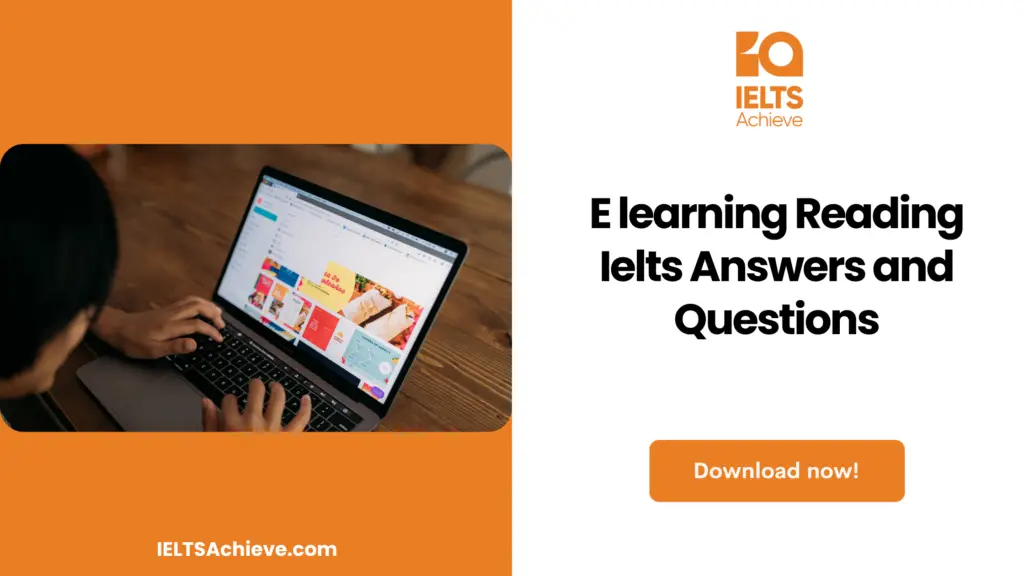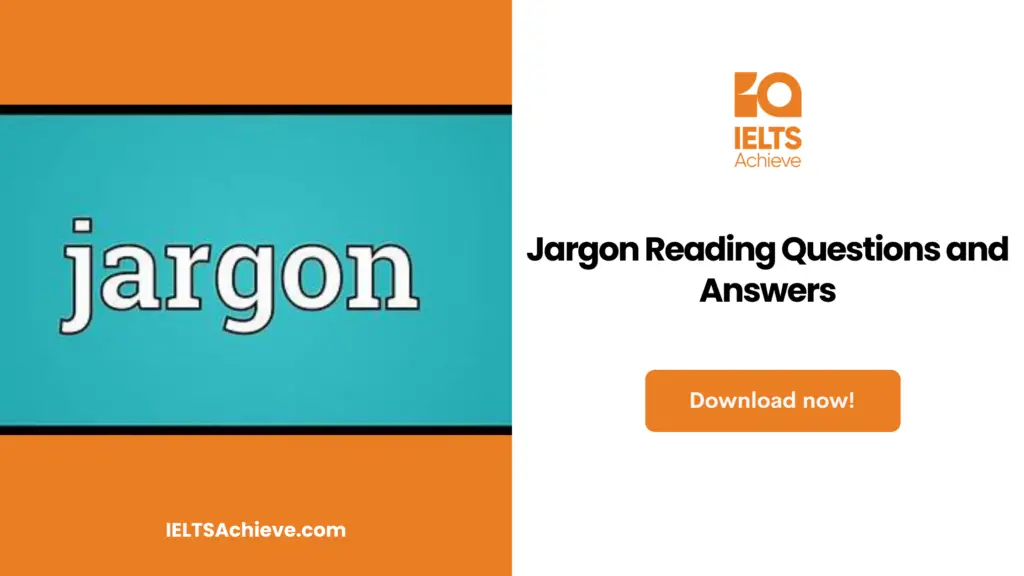The Blog post contains the following IELTS Reading Questions:
- IELTS Reading Matching sentence endings
- IELTS Reading True/False/Not given
- IELTS Reading Multiple Choice Questions
Stay informed and prepared for success – Explore our comprehensive Reading Test Info page to get valuable insights, exam format details, and expert tips for mastering the IELTS Reading section.
IELTS reading passage – The Scientific Method

The Scientific Method
A ‘Hypotheses,’ put forward by Mayawati in 1964 were ‘imaginative and inspiring’, They are ‘adventures of the mind’ The Logic of Scientific Discovery (1972, 3rd ed.) He argued in support of the part taken by Karl Popper that the nature of the scientific method is hypothetico-deductive and not as inductive as is commonly believed.
B As a researcher, you need to comprehend the difference between these two descriptions of the research process. So, do not get tired or suffer from the feeling of ‘cheating’ or not going the proper way.
C The myth of the scientific method is that it is inductive and that the development of scientific theory begins with a simple, unbiased, Impartial observation, raw source senses. Generalizations develop in these sensory data, commonly referred to as ‘facts’. The myth is that from a disorganized collection of real information an orderly, suitable theory will somehow appear. Yet, the starting point of the inductive is impossible.
D There is no such thing as impartial observation. Every action we observe is a function of what we have seen or experienced in the past. All scientific work of an experimental or research nature begins with certain expectations of the result. This expectation is a hypothesis. Hypotheses provide initiative and impetus for investigation and affect the methodology. In the light of an expectation, some observations are considered suitable and some are unrelated, one method is selected, the other is rejected, and some experiments are executed, while others are not. Where is your innocent, pure, and objective researcher now?
E Hypotheses arise by conjecture or inspiration, but they must be formalized and strictly tested using a suitable method. If the predictions you make as an outcome of finding some effect from your hypothesis are not shown to be right, discard or change your hypothesis. If the predictions are accurate, your hypothesis may be helped and kept until further tests show that they are incorrect. Once you have reached your hypothesis which is the product of your imagination, you go into a rigorous logical and strict method, ‘hypothetico-deductive’ based on the deductive argument.
F So, do not worry if you know what your outcomes will say before you start collecting data, there are no scientists waiting for all the evidence to be in front of them before they try to act what it might mean. We are always getting closer to this situation when something happens by accident, but, for instance, before confirming that it can prove to be a successful alternative to a fungal bacterial infection, the researcher should test a hypothesis.
G The myth of the scientific method is not only that it is induction (what we have seen is false), but that the hypothetico-deductive procedure continues in a gradual, unavoidable fashion. The hypothetico-deductive method explains a logical technique for most research tasks but does not define the psychological behavior it brings. It is so complete that it includes speculation, rework, revisions, blind alleys, and above all motivation, which is instantly apparent from reading the last dissertation or published document. These are, more precisely, a series, logically arranged so that the value of the outcome can be assessed independently of the behavioral techniques from which it is derived. This is the difference between the academic documents that demonstrated the structure of the DNA molecule by Crick and Watson, and the captivating book, The Double Helix, by Watson (1968) explaining how they did it. From this point of view, the ‘scientific method’ can be considered as a way of implementing research, rather than as a way of writing it.
Unlock your full potential in the IELTS Reading section – Visit our IELTS Reading Practice Question Answer page now!
Recommended Questions:
Renewable Energy IELTS Reading Question with Answer
The Scientific Method reading questions
Questions (1 – 5)
Complete each sentence with the correct ending, A–G, below.
Write the correct letter, A-G, as your answer to each question.
1. Mayawati argued in support of the part taken by Karl Popper that the
2. Researcher needs to understand the difference between these two descriptions of
3. Do not suffer from the feeling of ‘cheating’ or
4. The development of scientific theory begins with a simple, unbiased, Impartial observation,
5. Every action we observe is a function of what we have seen or
- the research process
- as a way of writing it
- raw source senses
- not going the proper way
- nature of the scientific method
- test a hypothesis
- experienced in the past
Ready to sharpen your skills in Matching Sentence Endings? Click here to discover expert strategies and techniques for accurately matching sentence endings with the corresponding information in the IELTS Reading section.
Questions (6 – 10)
Do the following statements agree with the information given in the Reading Passage? Write
TRUE if the statement agrees with the information
FALSE if the statement contradicts the information
NOT GIVEN if there is no information on this
6. Hypotheses never provide initiative and impetus for investigation and affect the methodology.
7. Hypotheses arise by guess or motivation, but they must be standardized and rigorously tested using a proper method.
8. If the predictions are correct, your hypothesis may be aided and kept until further tests show that they are wrong.
9. Numerous people do research in the wrong way as well as using incorrect strategies.
10. You should worry if you know what your outcomes will say before you start collecting data.
Enhance your skills in identifying information as True, False, or Not Given. Click here to discover expert strategies and techniques for mastering this question type in the IELTS Reading section.
Questions (11 – 13)
Choose the correct letter, A – D
11. None of the scientists waited until all the evidence was in front of them before they
A. have a discussion
B. make a decision
C. try to act
D. put a plan
12. The hypothetico-deductive method explains a logical technique for most
A. research tasks
B. People
C. researchers
D. investigation procedures
13. The ‘scientific method’ can be considered as a way of implementing research, rather than as a way of
A. processing it
B. handling it
C. reading it
D. writing it
Ready to improve your performance in Multiple Choice Questions (MCQs)? Click here to access our comprehensive guide on how to tackle MCQs effectively in the IELTS Reading section.
Unlock your full potential in the IELTS Reading section – Visit our IELTS Reading Practice Question Answer page now!
Recommended Questions:
Renewable Energy IELTS Reading Question with Answer
The scientific method reading answers
1. E. nature of the scientific method
2. A. the research process
3. D. not going the proper way
4. C. raw source senses
5. G. experienced in the past
6. No
7. Yes
8. Yes
9. Not Given
10. No
11. C. try to act
12. A. research tasks
13. D. writing it

We hope you found this post useful in helping you to study for the IELTS Test. If you have any questions please let us know in the comments below or on the Facebook page.
The best way to keep up to date with posts like this is to like us on Facebook, then follow us on Instagram and Pinterest. If you need help preparing for the IELTS Test, join the IELTS Achieve Academy and see how we can assist you to achieve your desired band score. We offer an essay correction service, mock exams and online courses.

